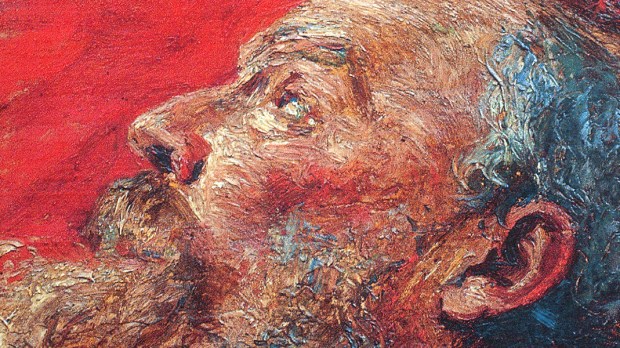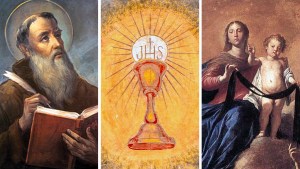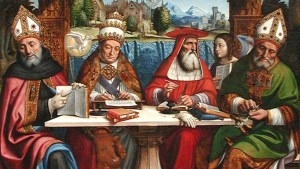St. Lawrence of Brindisi was a holy Franciscan friar during the 17th century, and his example of holiness inspired St. John XXIII to declare him a Doctor of the Church in 1959.
Why did St. John XXIII declare St. Lawrence of Brindisi a Doctor of the Church?
In his apostolic letter, Celsitudo ex humilitate, St. John XXIII gives two primary reasons why he chose Lawrence of Brindisi as a Doctor of the Church.
In this high and excellent man these two things are most important: apostolic zeal and mastery of doctrine: He taught with his word, he instructed with his pen, he fought with both.
St. John XXIII extolled his apostolic activity that was born from his contemplative life.
Deciding that it was not enough for him to withdraw into himself, to give himself up to prayers and letters in the shadow of the monastery, and so much to devote himself to domestic exercises, he sprang outside, as if he could not contain the impulse of his mind, emboldened by the love of Christ and his brethren. From the platform of pulpits he spoke on the Christian dogma, speaking of morals, of divine letters, and of the virtues of the Saints, he stimulated Catholics to piety, and admitted those who were mired in the mire of sins to be washed away, and moved them to adopt a more reformed way of life; that is to say, he kindled the hearts of his hearers with the fire of his wit and mind, with which he was kindled, and shook their sluggishness by the force of his tears.
In particular, St. John XXIII thought his many writings provided a perfect example to anyone who desires to defend the Catholic faith.
Therefore, those who treat divine disciplines, especially those who work to expound or defend Catholic dogma, have the means to nourish their minds, to train themselves to defend and persuade the truth, and to provide for the salvation of others. If they follow this author, who pulls out the errors, clarified the dark and cleared up doubts, let them know with certainty that they are on the right path.
St. Lawrence of Brindisi remains a powerful intercessor for all catechists and apologists in the modern world.



